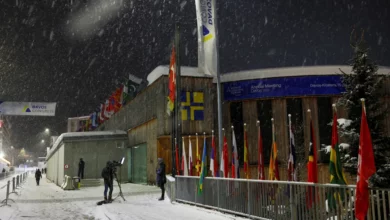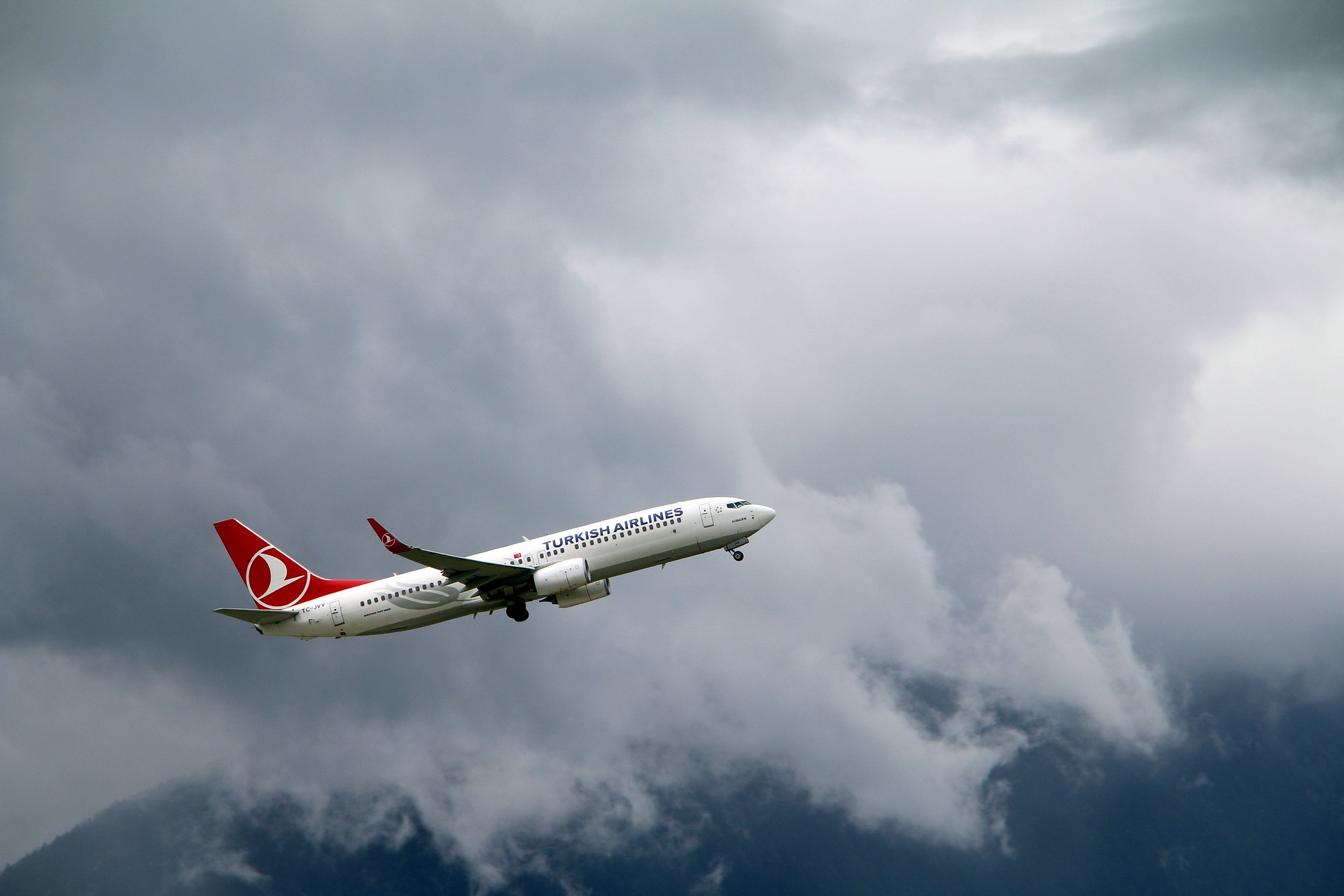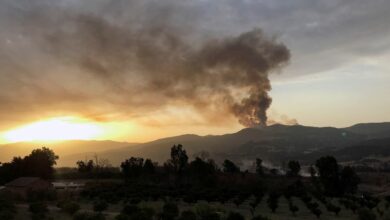After 1967, Algeria and Egypt’s commitments to Third World independence varied. President Nasser had since his takeover espoused a dedication to three concepts: Arabism, Islam, and Africanism. All struggles for these causes would have Egypt and Nasser’s support. In reality, however, his commitment to each of these movements varied considerable.
Algerian President Ahmed Ben Bella, and later his successor Houari Boumedienne who took power in 1965, did not make such pronounced statements, although Algeria consistently reiterated its commitment to liberation from colonialism, particularly in Palestine and the countries of Africa. Until 1978, when Chadli Benjedid came to power, Algeria remained a sanctuary for liberation movements.
Relations between Egypt and Algeria cooled after the war with Israel in 1967 and Nasser’s death in 1970. However, during the 1973 war the two countries cooperated. Egypt and Syria executed a surprise attack on Israel in what historians, politicians and contemporaries have claimed was an audacious and stunning gesture. The war coincided not only with the Jewish Yom Kippur holiday, but was also during Ramadan, the Muslim month of fasting.
The main aim was to recapture land lost during the 1967 war. Syria hoped to liberate the Golan Heights and Egypt wanted to regain Sinai. There has been extensive footage that is, until today, regularly broadcast to show the Egyptian army’s crossing of the Suez Canal. The war proved to be a success, at least as far as Egypt’s goals were concerned. In terms of Egyptian-Algerian relations, the 1973 war also solidified relations between the two nations, which is rarely documented in Egyptian readings of the war.
Despite Algeria’s own economic constraints at the time–due mostly to post-independence reforms–Algeria sent significant military aid to Egypt during and in the run up to the war. The 1973 war cannot be viewed merely in a regional context. It also had larger Cold War dimensions. President Boumedienne had been in secret correspondence with Russian Premier Leonid Brezhnev, who reiterated in a 9 October letter the important role that Algeria could play with Egypt in the struggle against Israel:
“The Central Committee of the CPSU and the Soviet Government are firmly convinced that the Algerian leaders, who are widely experienced in the anti-imperialist struggle, understand full well all the peculiarities of the present situation and that, guided by the ideals of fraternal solidarity, will use every means and take every step required to give their support to Syria and Egypt in the tough struggle imposed by the Israeli aggressor.”
Algeria did not disappoint. It participated on the Egyptian front by sending its 8th Infantry Mechanical Regiment. This included over 2,100 troops, 815 non-commissioned officers, and 192 officers. They also sent weapons, including 96 tanks. Over 50 fighter and bomber aircrafts were also sent to Egypt from Algeria, including MIG-21s, MIG-17s and Sukhoi 17s. Algeria also sent two medical teams to the Syrian front of the war.
Aside from the military campaign, Algeria also participated in the oil embargo by the Arab members of OPEC in response to the US decision to send military aid to Israel during the war. On 16 October, 1973 the Arab oil producers increased the price of oil by 17 per cent, leading to a price of US$3.65 per barrel. Production was also cut by 5 per cent. In an open statement, Arab oil ministers declared that they would systematically cut production and raise prices until their demands were met. The oil embargo ended in March 1974, though the effects were felt for some time. The 1973 war ended with Egypt in a strong position at the negotiation table. Sinai would be returned.
Algeria had stood strong in its solidarity with Egypt in 1973, just as Egypt had done during Algeria’s war for independence and the Suez Crisis of 1956. Both countries fought their own battles respectively, and it was their blood and strategic planning that secured victory.
Any narrative that fails to recognize the mutual support between Egypt and Algeria would be fodder for the media and politicians during the present crisis. This recognition is glossed over by commentators who lack recognition for the efforts and campaigns of the past. Arab, Islamic and African brotherhood may have been Nasser’s fallacy, but dignity and respect for a fellow state with a shared history is the error of today.




